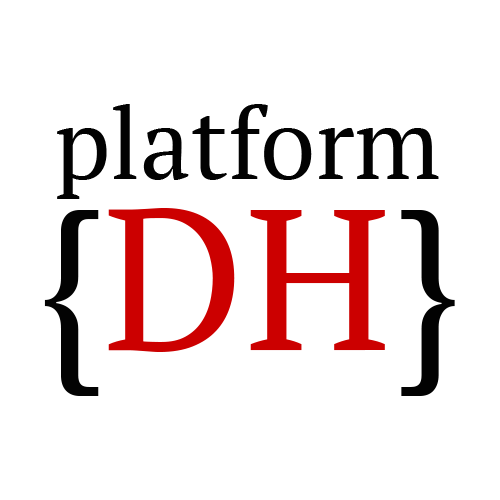Antwerp DH Summer School 2020: Making a Digital Edition. Basic Skills and Technologies
UAntwerp City Campus Prinsstraat 13, Antwerp, BelgiumIn the past few decades, digital editing and digitisation of archival documents have been rapidly gaining prominence. Aiming to cater for both of these branches of Digital Humanities, our summer school offers an in-depth, hands-on curriculum to familiarise students with basic and more advanced tools in the field. Apart from acquiring a set of technical skills (including Command Line, HTML, CSS, TEI-XML XPath, XSLT, and eXist-db), our programme includes the more general practical guidelines on how to make a digital edition.




